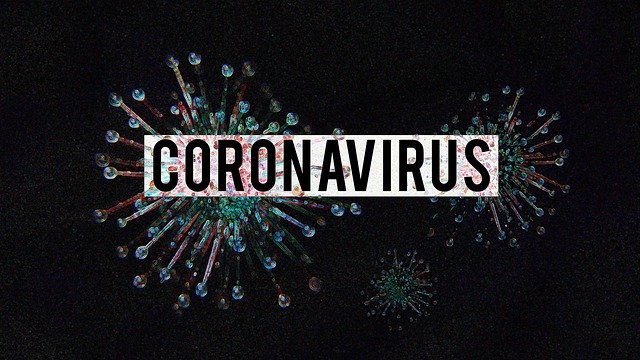
My take on the effects on teaching because of Covid-19
And now we're all right in the middle of the “Teaching in a digitized world” project, a project that Covid-19 forced on , and: in contrast to what most people have planned, a bit suddenly, with the entire college as an incredibly large “project group”, and maybe sometimes unprepared or involuntarily, but the current situation leaves us with not many options.
A lot will change as a result of this crisis. A global realignment will not only take place in learning - comparable to a "reset" of one computer system, in which the computer stands for our world. A lot has to reinvent itself and a lot won't be the same as before. It could be compared to online trade versus local trade. This change and increasing competition will also find their way into the education sector. For example, the discussion about making everyday life easier, such as the introduction of an electronic class book, must not last for years, but will surely be set aside for eventual upcoming similar circumstances.
In my opinion, the handling of individual and collective performance data, to optimize the personal learning portfolio, will in the future will be a competitive factor in educational mediation. A school of the future must not sit out the international changes here, but must look for the best way to follow its requirements, even under the worse conditions. There will always be alternatives everywhere. Not everyone will be able to go the same way anymore. Each school will have to reposition itself under the conditions on site and find appropriate, tailored offers, which must then be agreed upon under participants from the school teachers, politics, science and with the technology available. The challenge here is that the existence of these agreements will very likely be short lived due to constant new developments, but will surely stay as a “drawer option” to pull when needed.
Specifically, this means that the digital / personal school will continue to develop, but not only in a digital direction, but the “future” face-to-face mediation or things that we don't even know yet will point direction. So, we also have to be awake in the educational sector and watch and act attentively in all directions. Incidentally, this is also the principle of success of viruses if it wants to survive; we as humans need to be just one step ahead.
So, what can we say about the stated “new normal”? The “new normal” is a condition that becomes main stream, and that hasn’t been thought about before; maybe by philosophers, but surely not by any active thought to implement. When the TV was invented, it was the “new normal” to sit in front of it, for every evening, to watch the news, documentaries or movies. When the plane was invented, and became ripe for commercial use, it was our “new normal” to travel to far destinations, we would before take days or weeks to reach. As our world is becoming more global, not only good, bur specially people are moving faster around the earth. Next to all positive aspects, the downside is the rapid spread of diseases, that would have before stayed geographically local, and in the end, die out there.
The new digital world yet reverses our global movement as a downside, as people become stationary again, yet with one difference; they don’t have to wait for a letter to arrive 6 weeks later, but can receive electronic letters within a split second. Yet so many jobs also depend on mobility, and not just hundreds, but millions.
Maybe this crisis will make us think of combining the new with the old, hence finding a moderation, or a balance that keeps us as humans, the economy and the field of teaching healthy. We humans are herd animals, we depend on social contacts, the touch of another human, the non-verbal understanding and communication when standing or sitting face to face to each other. Digital classes are an ideal trigger for all that schools and teachers want to avoid most; dishonesty, cheating and non-attendance.
Every crisis gives us new insights, new inspiration and solutions. As long as we think we can change and adapt. I am sure that all we do today will favor tomorrow.
By Thomas Fleckner



















































Comments powered by CComment